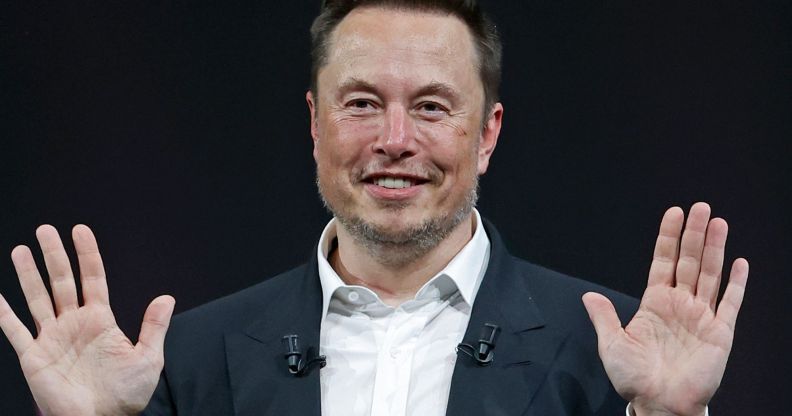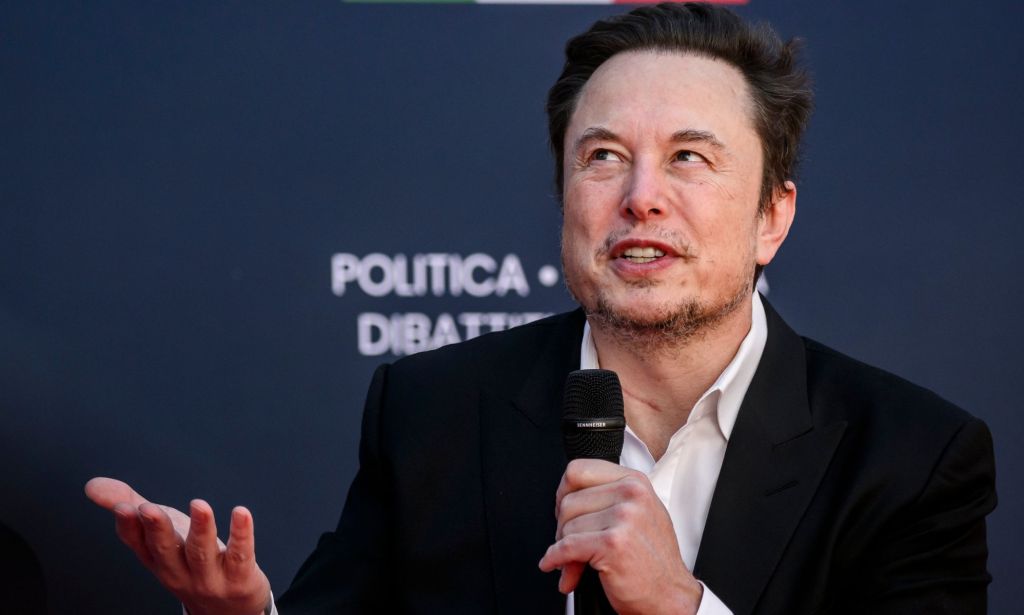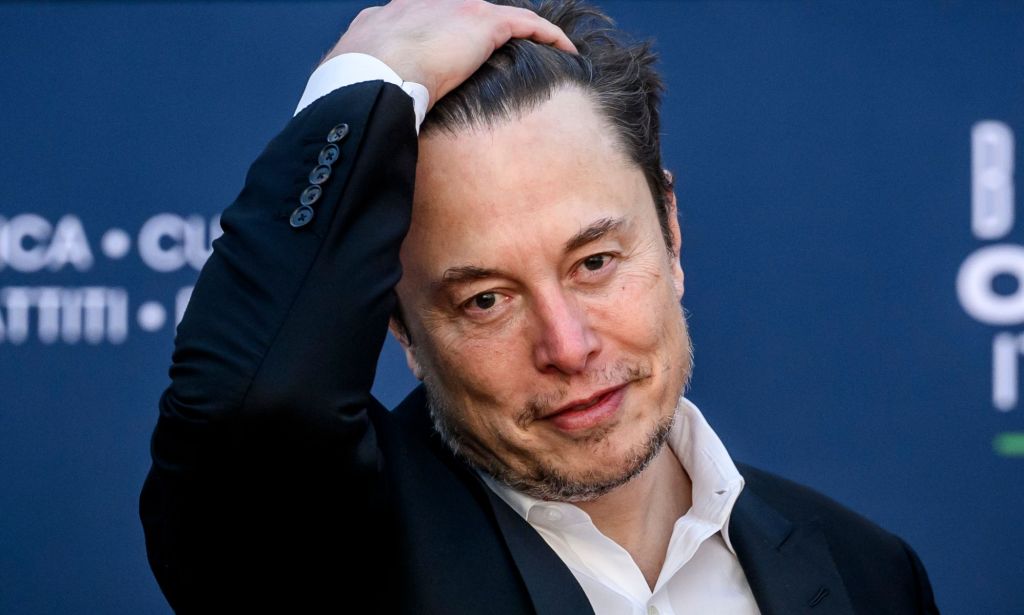Founder of anti-hate group puts Elon Musk on blast after the X owner threatened to sue

The founder of an anti-hate nonprofit that Elon Musk threatened to sue has called out the X CEO. (Getty)
Last summer, Elon Musk threatened to sue a nonprofit anti-hate group for allegedly deterring advertisers from X (aka Twitter) – but the group’s CEO has more to say.
In August, X Corp – the company that now owns X – announced plans to sue the Center for Countering Digital Hate (CCDH) for allegedly spreading “misleading claims” about the social media platforms failure to target hate speech.
But Imran Ahmed, the CEO of the CCDH stands by the group’s claims that Musk is enabling and normalising hate speech – and losing a grip on what once was Twitter by “trying to play both sides.”

Not long after Musk acquired Twitter (which he renamed X), the billionaire made major policy changes, including allowing deadnaming and misgendering LGBTQ+ people and allowing users who were previously banned from the platform for hate speech to rejoin and tweet to their hearts’ content.
Since Musk’s purchase and rebrand of the social media platform, X’s value has dropped by a whopping 71 per cent, according to mutual fund Fidelity. That included a drop of 10.7 per cent after Musk told advertisers who were boycotting X due to the platform’s rise in hate speech to “go **** yourself,” back in November.
Sharing his thoughts on the decline, Ahmed of the CCDH told LGBTQ+ Nation: “[Musk] is now an advertising merchant. And he put up the bat signal to hate actors saying, ‘You’re welcome back on the platform.’ But he also went to advertisers and said, ‘Look, I’m not going to let this descend into where hate is completely tolerated because that would be a hellscape.’ And so he’s been trying to play both sides.”
Ahmed suggested that Musk’s tactic “is about empowering, amplifying, and endorsing the most intolerable views in our society – views that we thought that we’d expunged to history.”
As a result, advertisers are naturally jumping Musk’s ship which has “been really frustrating for him,” says Ahmed.

“I’ve never seen a CEO of any company resent their customers as much as Elon Musk resents his customers, and he tests them.”
It’s not all bad, though. While X may have turned into a hateful hellscape for many users and advertisers, Ahmed pointed out that seeing so many users drop out proves that the market for hate speech is not big enough.
“What’s been so powerful about this is that it’s been reaffirming, that there is a tiny market for hate,” he told LGBTQ+ Nation. “That it’s a small number of obsessives, and no company wants to be anywhere near it. Which is why, you know, right now, Twitter’s been reduced to carrying [no-name] adverts… It’s just it’s a really limited business model and he claims to be a great businessman — turns out he’s pretty crappy at it.”
All that being said, Ahmed does have some empathy for Musk, who he says appears to have used his resources to “own the playground” and become “best friends with the bullies” – giving him a distorted sense of reality in the process.
“It’s actually deeply, distressingly sad to see what’s happened,” he said. “In one respect, you know, he is himself a victim of Twitter brain, that condition where you think that what trends online is what’s genuinely popular.
“The reality is that most people have looked at what’s been happening on Twitter and just thought ‘What was a load of absolute weirdos.’”
How did this story make you feel?

